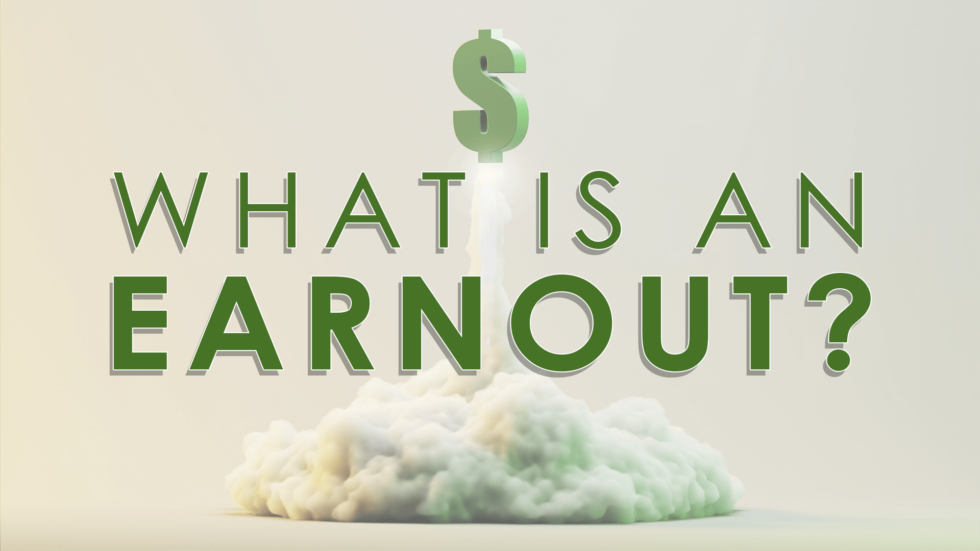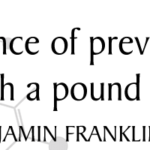Contract negotiations and interpretations present unique challenges for AI. For millennia contract law has been all about contextual understanding, personal analyses, concern for the future, and preventing (or creating) ambiguities. These issues are why solely relying on AI to draft contracts is unwise.
Unsurprisingly, AI-generated contracts lack the ability to adapt for changes in the business world and business relationships. Nor can AI appreciate unforeseeable risks or risks that arise in a particular situation or during the lifetime of a contract. Therefore, dreams of AI-based commercial conflict resolution may never be attainable.
All that said, AI is now a fixture in contract drafting, negotiation, and analysis. Regulators and legislators must walk a difficult line to ensure consumer protection and other challenges that AI will continue to present. But this is impossible if they do not understand AI at a fundamental level. In those situations, regulators and legislators need private parties to assist them; however, hiring private parties that are already part of an established regulatory ecosystem should be avoided whenever it is possible.
Entrenchment is the enemy of good governance in both the public and private sectors. Technological advances need to be used to break the cozy relationships between government and private parties that increasingly (1) leave the “little guy” unable to compete for public and private contracts; and (2) give the appearance of regulation but have little practical value.
David Seidman is the principal and founder of Seidman Law Group, LLC. He serves as outside general counsel for companies, which requires him to consider a diverse range of corporate, dispute resolution and avoidance, contract drafting and negotiation, and other issues.
He can be reached at david@seidmanlawgroup.com or 312-399-7390.
This blog post is not legal advice. Please consult an experienced attorney to assist with your legal issues.
Photo: Artificial intelligence by Nick Youngson CC BY-SA 3.0 Pix4free














